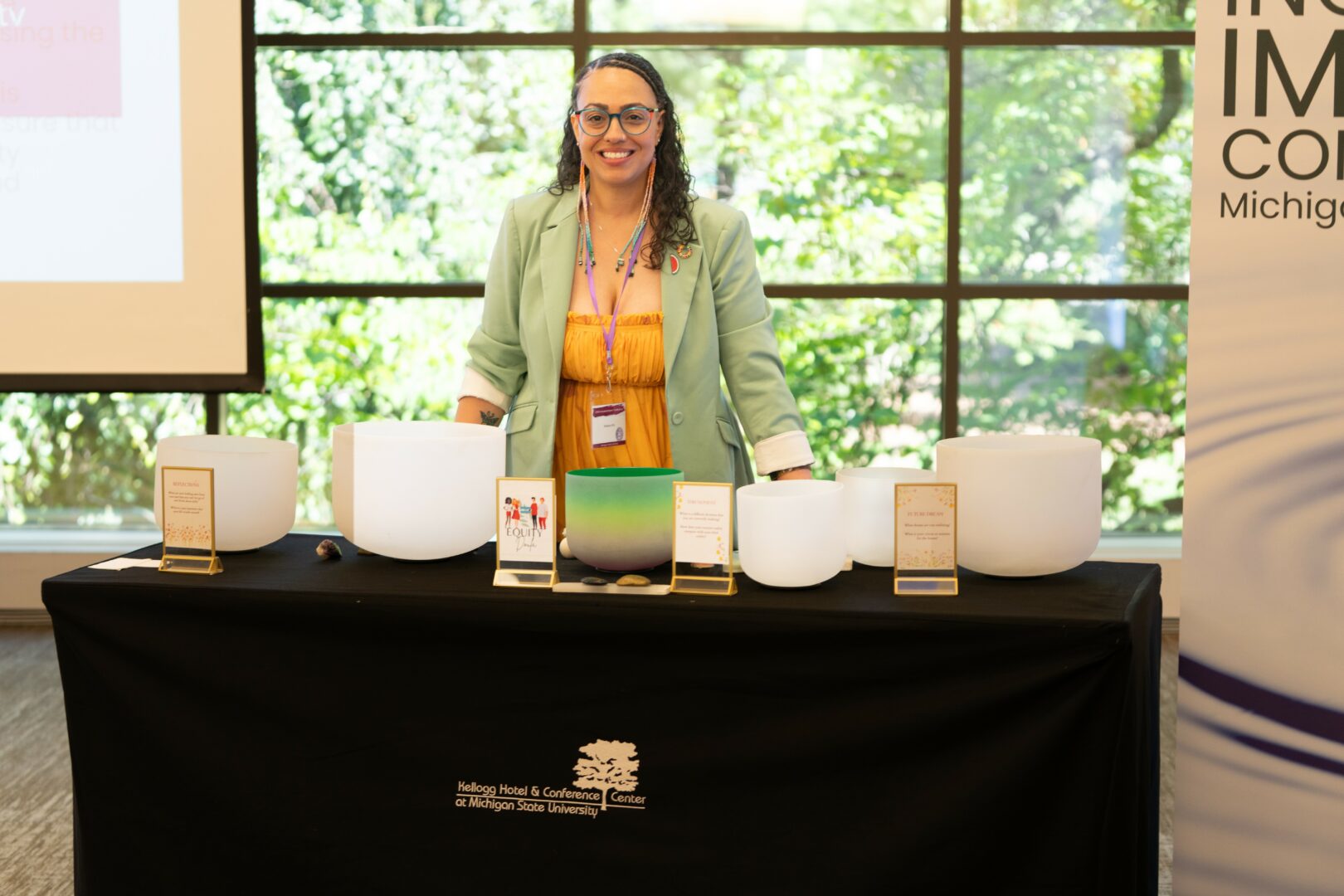We recently connected with Rebecca Irby and have shared our conversation below.
Hi Rebecca, so excited to talk about all sorts of important topics with you today. The first one we want to jump into is about being the only one in the room – for some that’s being the only person of color or the only non-native English speaker or the only non-MBA, etc Can you talk to us about how you have managed to be successful even when you were the only one in the room that looked like you?
I’ve spent much of my professional life being the only one in the room who looked like me. Whether in boardrooms, international UN assemblies, or corporate DEI spaces, I’ve often walked in as the only woman of color, the youngest voice, or the person with the most unconventional background.
At first, it was isolating—disorienting, even. But over time, I realized that difference is not a deficit; it’s a source of power. I began to see my presence as a form of advocacy and a tool for systemic change. Instead of shrinking to fit the room, I focused on expanding it—using storytelling, facilitation, and truth-telling to invite others into deeper reflection and collective growth.
What’s helped me stay grounded and effective is clarity of purpose. I don’t show up to prove I belong—I show up to do the work. My work is rooted in equity, empathy, and transformation. I’ve built organizations, led global youth delegations, facilitated racial healing in corporate and community settings, and held space in rooms where vulnerability and power needed to coexist. That requires more than credentials—it requires courage, care, and curiosity.
I’ve also learned the value of embodiment—of showing up fully, not just intellectually. I bring my whole self into the room, integrating somatic healing, sound practices, and ancestral wisdom alongside strategy, policy, and systems change. That integration helps others show up more fully too. And that’s how transformation happens.
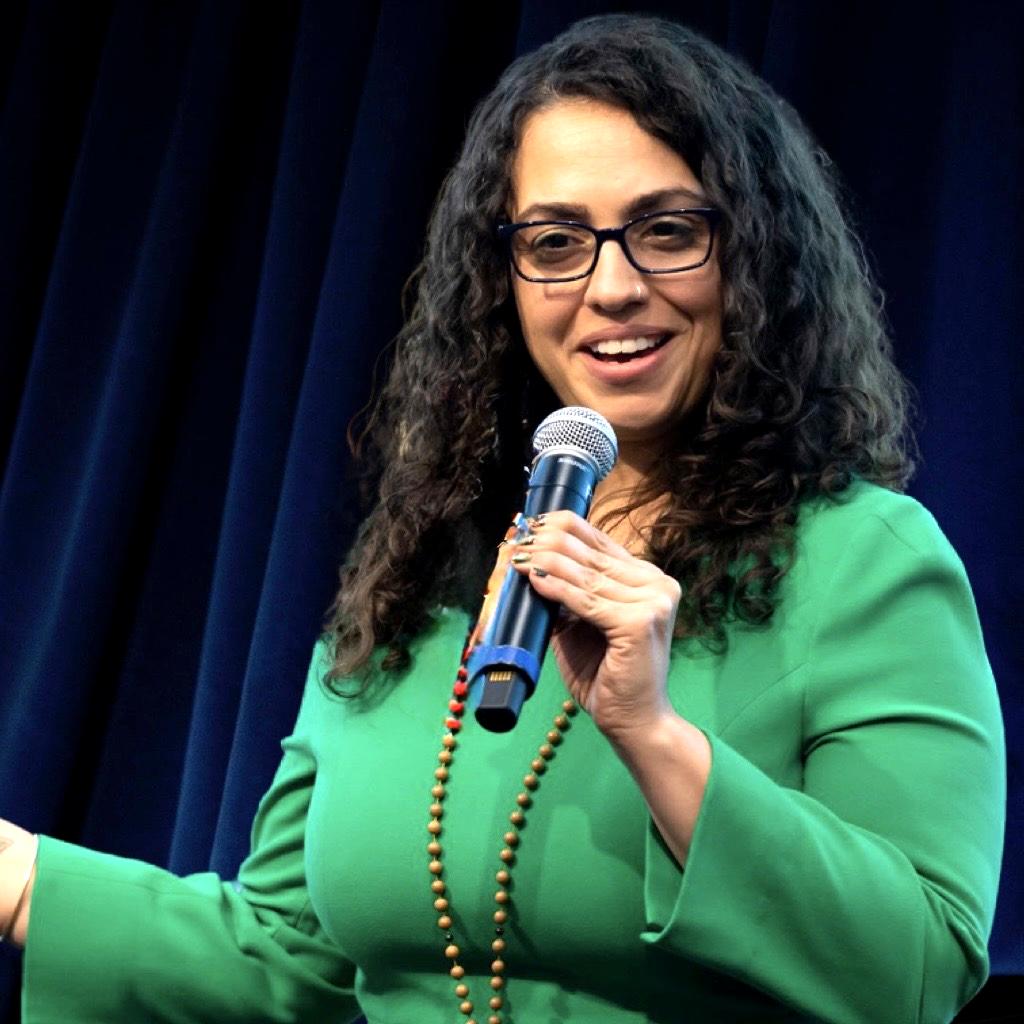
Let’s take a small detour – maybe you can share a bit about yourself before we dive back into some of the other questions we had for you?
I’m the Founder and President of PEAC Institute, an organization dedicated to cultivating peace through education, art, and culture. We hold consultative status at the United Nations and work globally to amplify youth voices, build intercultural understanding, and promote systems-level transformation. What makes PEAC unique is our integration of storytelling, somatic healing, and international advocacy—we don’t just talk about change; we embody it.
One of our most exciting initiatives is Pause for Peace, a global peace concert and cultural movement using music, art, and creativity to inspire collective action toward a more compassionate world. We’re inviting individuals and communities across the globe to pause—through concerts, gatherings, and creative expression—in celebration of peace on September 21, 2025, the International Day of Peace. The effort will culminate in a Peace Festival on October 4, amplifying the message of unity through diversity. From sound baths and youth-led performances to livestreams and local activations, it’s a reimagining of what peacebuilding can look like in today’s world.
In addition, our PEAC Fellowship is nurturing the next generation of changemakers. This year, we brought high school and college youth to the United Nations in New York to participate in policy meetings and advocacy work on education, equity, and global cooperation. Our fellows engage in mentorship, develop original research and policy projects, and present their ideas on international platforms. They’re learning to lead not only with knowledge, but with heart, and we’re proud to walk alongside them as they grow into powerful global voices.
I also speak and lead trainings on transformational change, leadership, equity-centered design, and healing-centered practices for companies, schools, and community organizations.
Whether I’m facilitating a sound bath, moderating a policy panel, or helping a corporate team shift their culture, my goal is always the same: to create spaces where people feel safe enough to be brave.
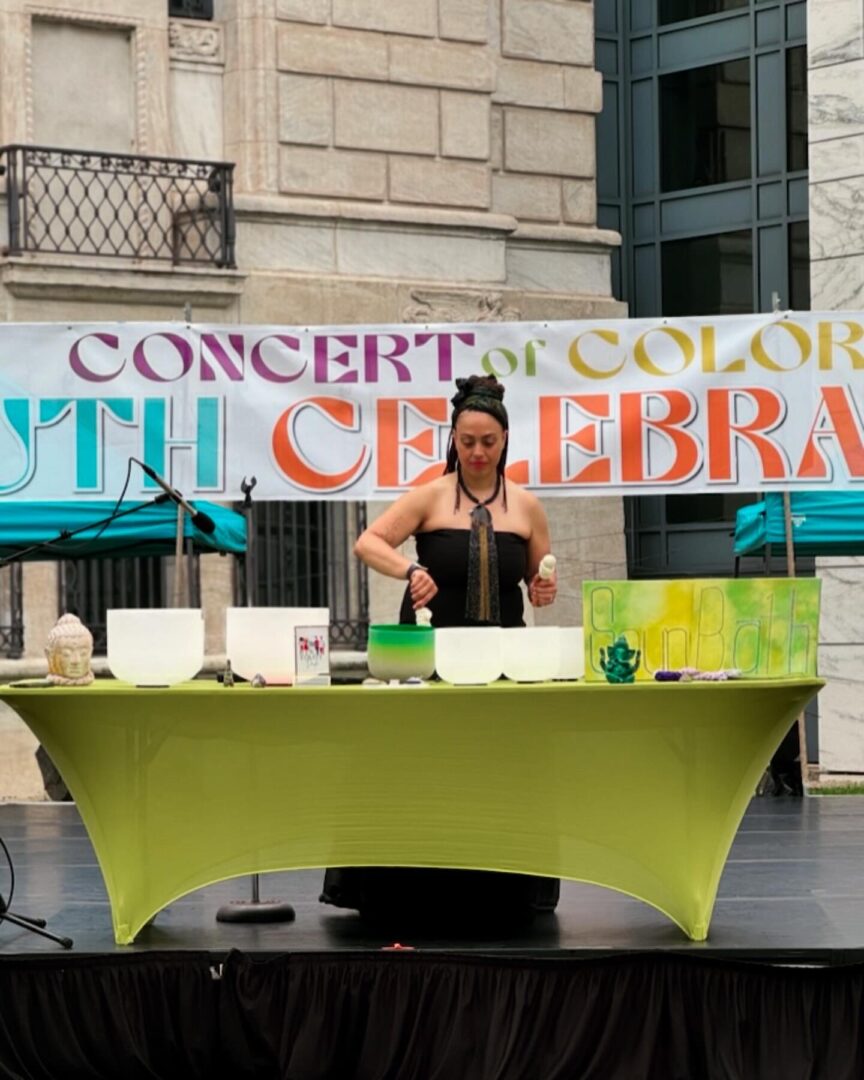
Looking back, what do you think were the three qualities, skills, or areas of knowledge that were most impactful in your journey? What advice do you have for folks who are early in their journey in terms of how they can best develop or improve on these?
Looking back, the three most impactful elements in my journey have been:
1. Courageous Curiosity
The willingness to ask hard questions—even when they’re uncomfortable—has been vital. Curiosity opened doors, built relationships across lines of difference, and helped me imagine new possibilities in places where others only saw limitations. For those early in their journey: stay curious. Follow what sparks something in you, especially when it challenges the status quo. That’s often where real transformation begins.
2. Embodied Leadership
I’ve learned that effective leadership isn’t just intellectual—it’s somatic, relational, and heart-centered. The more I’ve cultivated self-awareness, healing practices, and grounding rituals (like movement and sound work), the more present and powerful I’ve become in spaces that demand courage and clarity. My advice: take care of your nervous system. Your body is your most powerful tool for staying connected to your values under pressure.
3. Systems Thinking & Storytelling
Understanding how power flows—through institutions, culture, policies, and narratives—has helped me not only design more effective programs but also connect people to purpose. Storytelling, when grounded in lived experience and community truth, can move minds and hearts. If you’re just beginning: learn to see both the forest and the roots. Study how systems work—and how your own story can shift them.
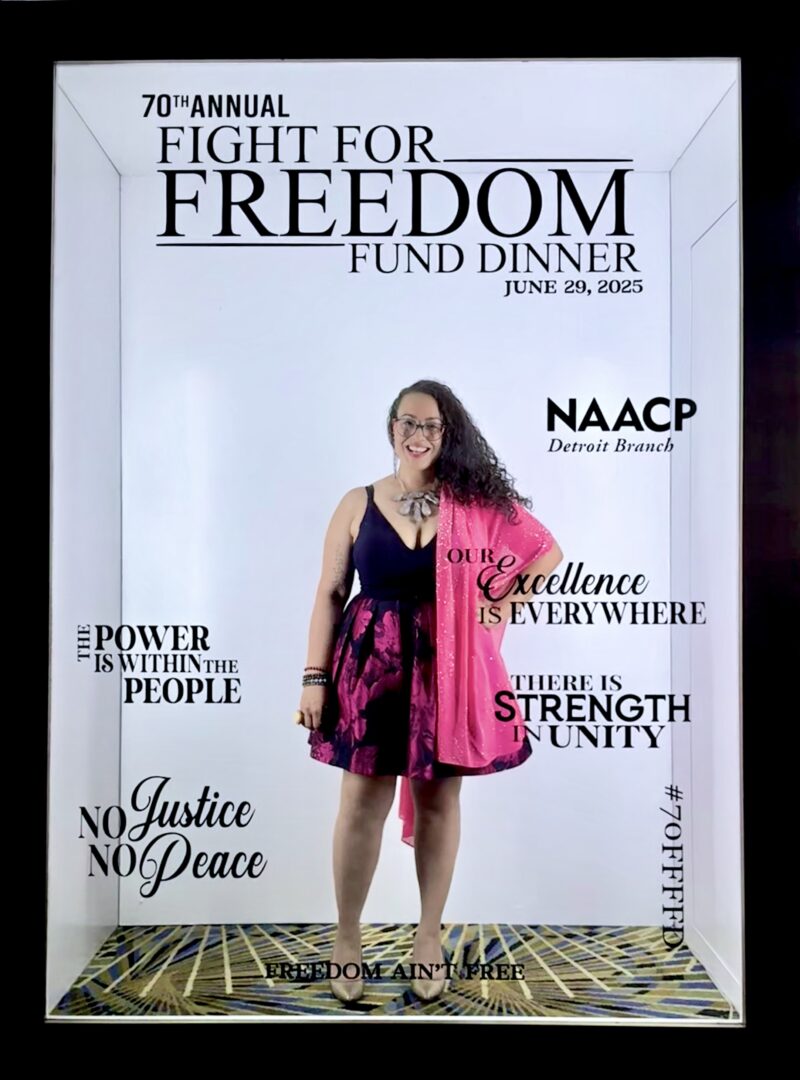
Okay, so before we go we always love to ask if you are looking for folks to partner or collaborate with?
Yes, I’m absolutely looking to collaborate, and I believe the most powerful work happens in partnership.
Right now, I’m especially excited to connect with:
Artists, educators, and cultural organizers who want to host or co-create local events for Pause for Peace and the Global Peace Festival in Fall 2025.
Organizations, companies, and institutions seeking transformational speakers, moderators, or facilitators for leadership development, equity-driven systems change, or healing-centered retreats.
Youth-serving programs and educators who want to engage with our PEAC Fellowship, virtual student exchanges, or UN advocacy work.
And anyone committed to building a world where peace, justice, and belonging are practiced—not just promised.
Whether you’re looking to co-create an event, bring in a speaker, launch a new project, or just explore possibilities, I’d love to hear from you. You can reach me through peacinstitute.org or connect with me on LinkedIn.
Let’s build what’s next, together.
Contact Info:
- Website: https://www.peacinstitute.org
- Instagram: https://www.instagram.com/jabecca?utm_source=ig_web_button_share_sheet&igsh=ZDNlZDc0MzIxNw==
- Linkedin: https://www.linkedin.com/in/rebeccairby
- Other: Equity Doula Website: https://www.equitydoula.com
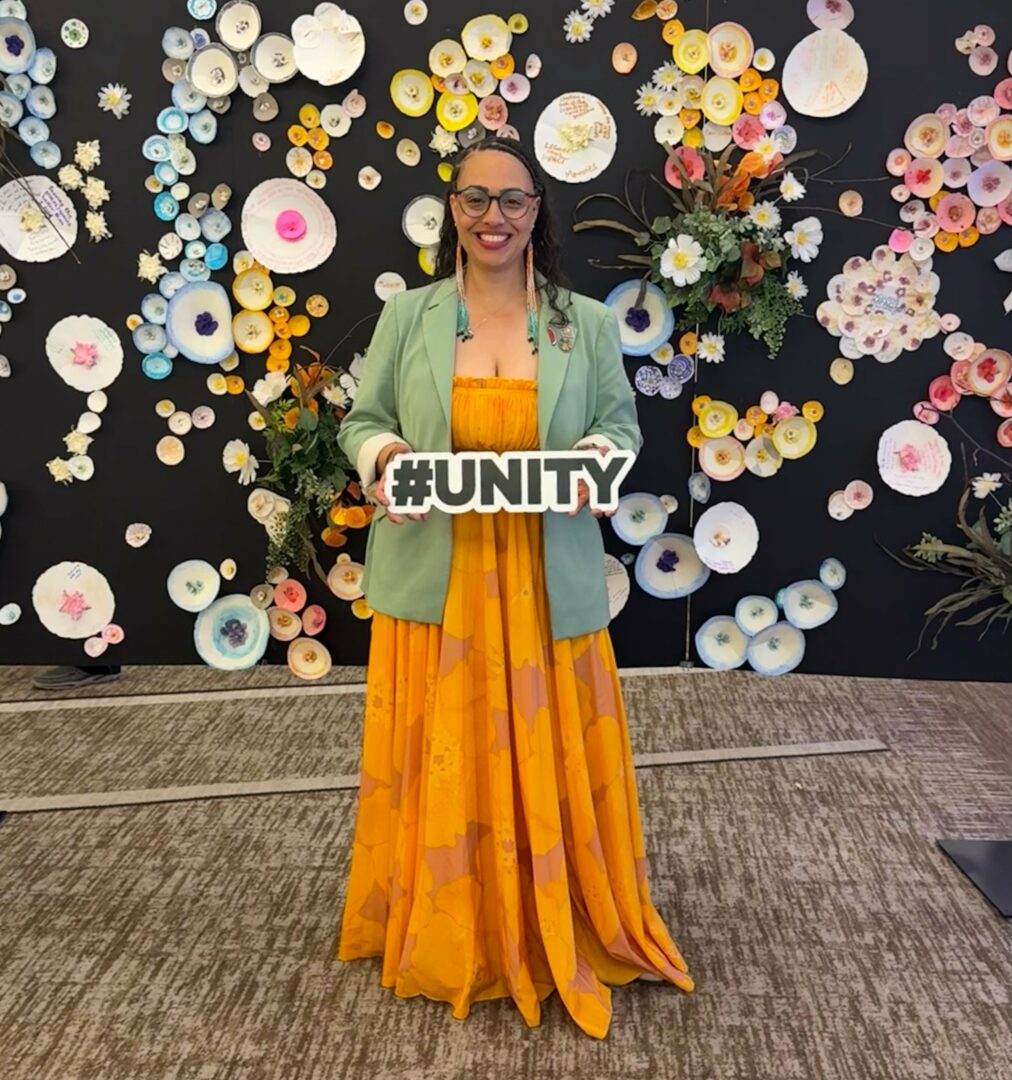
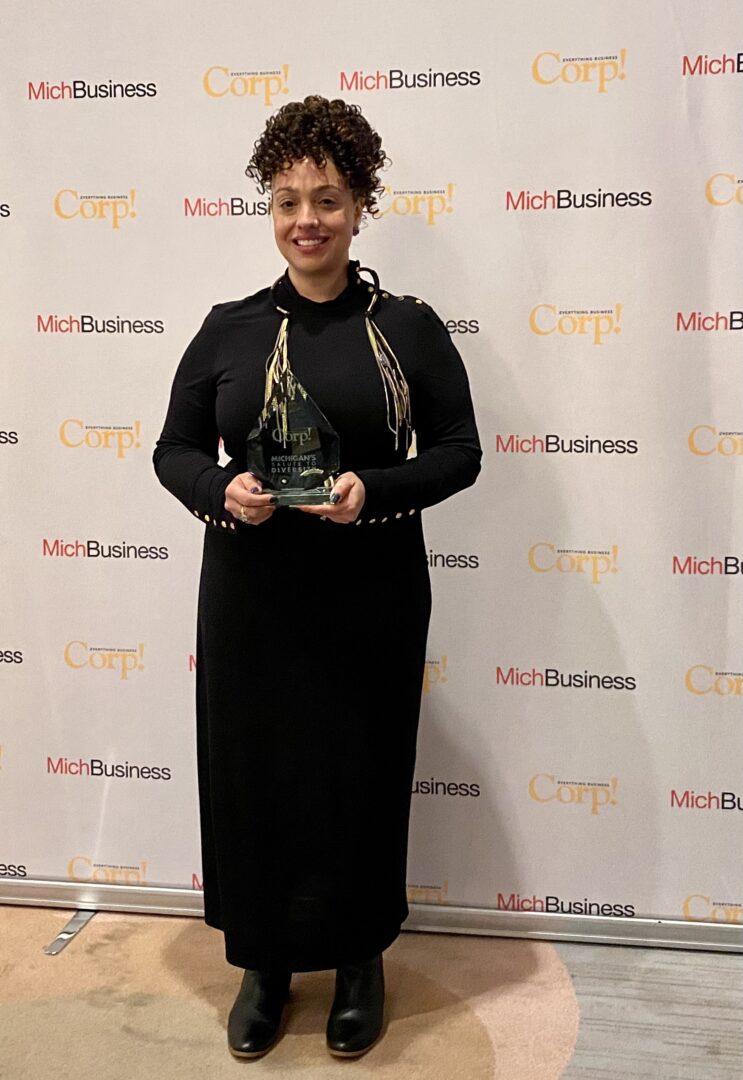
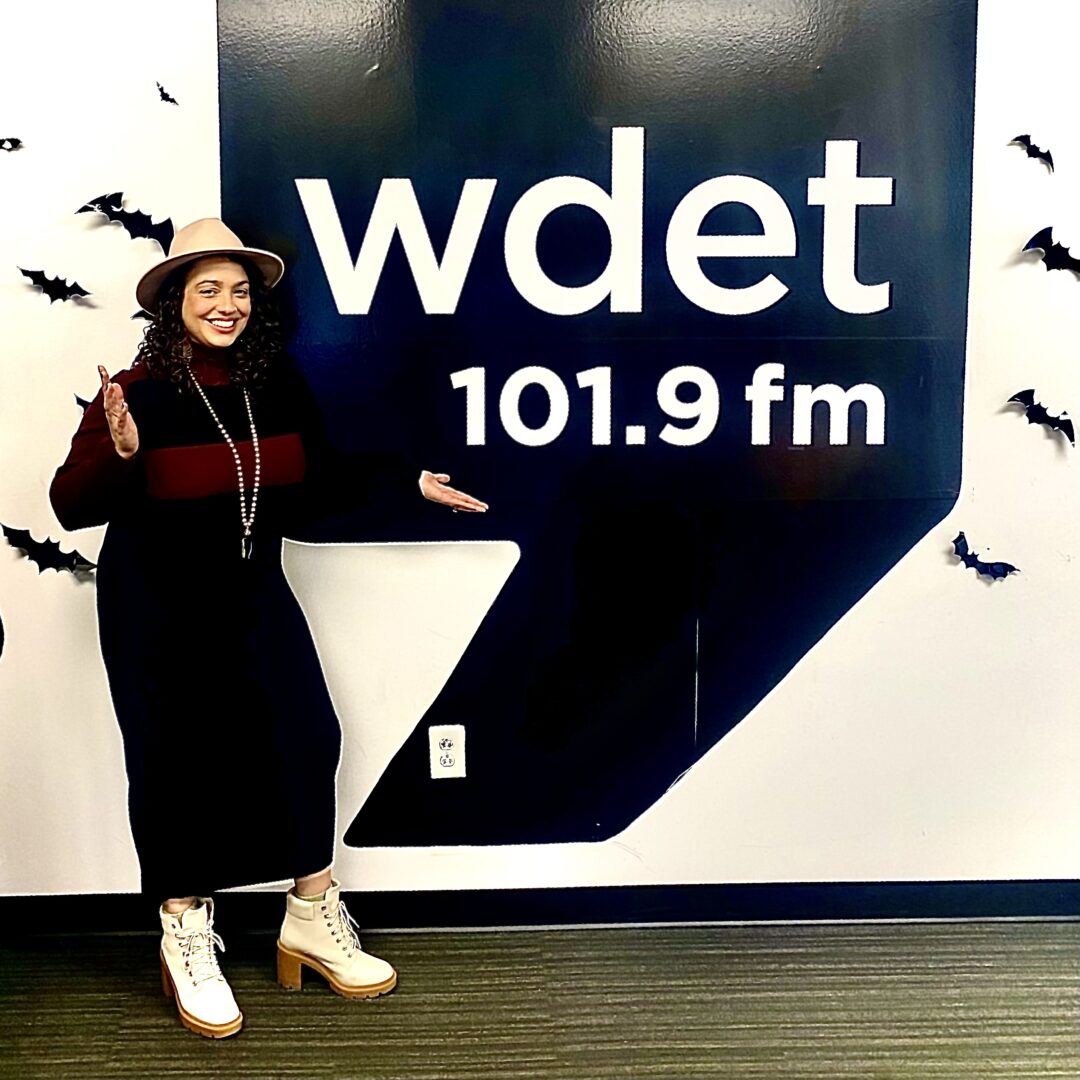
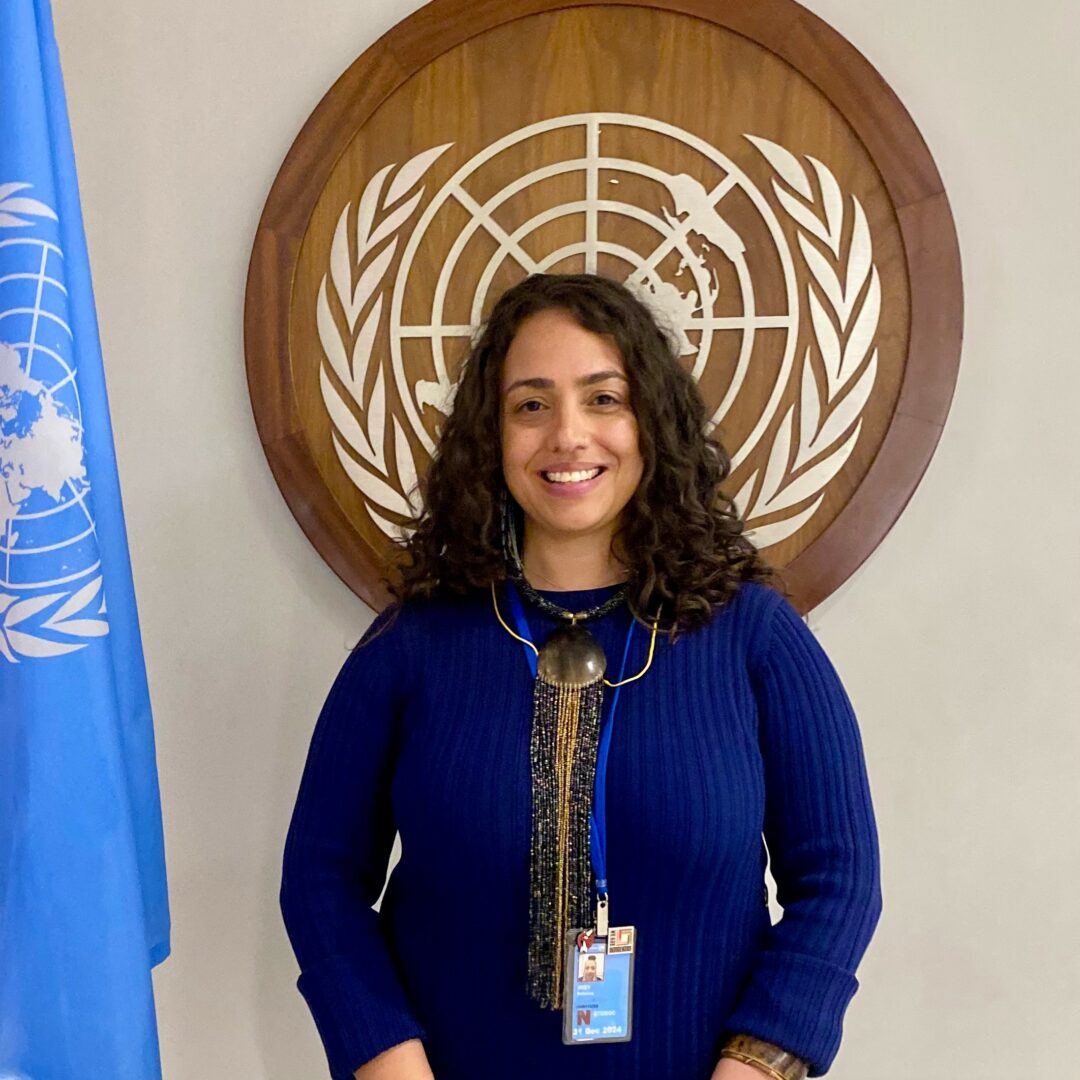
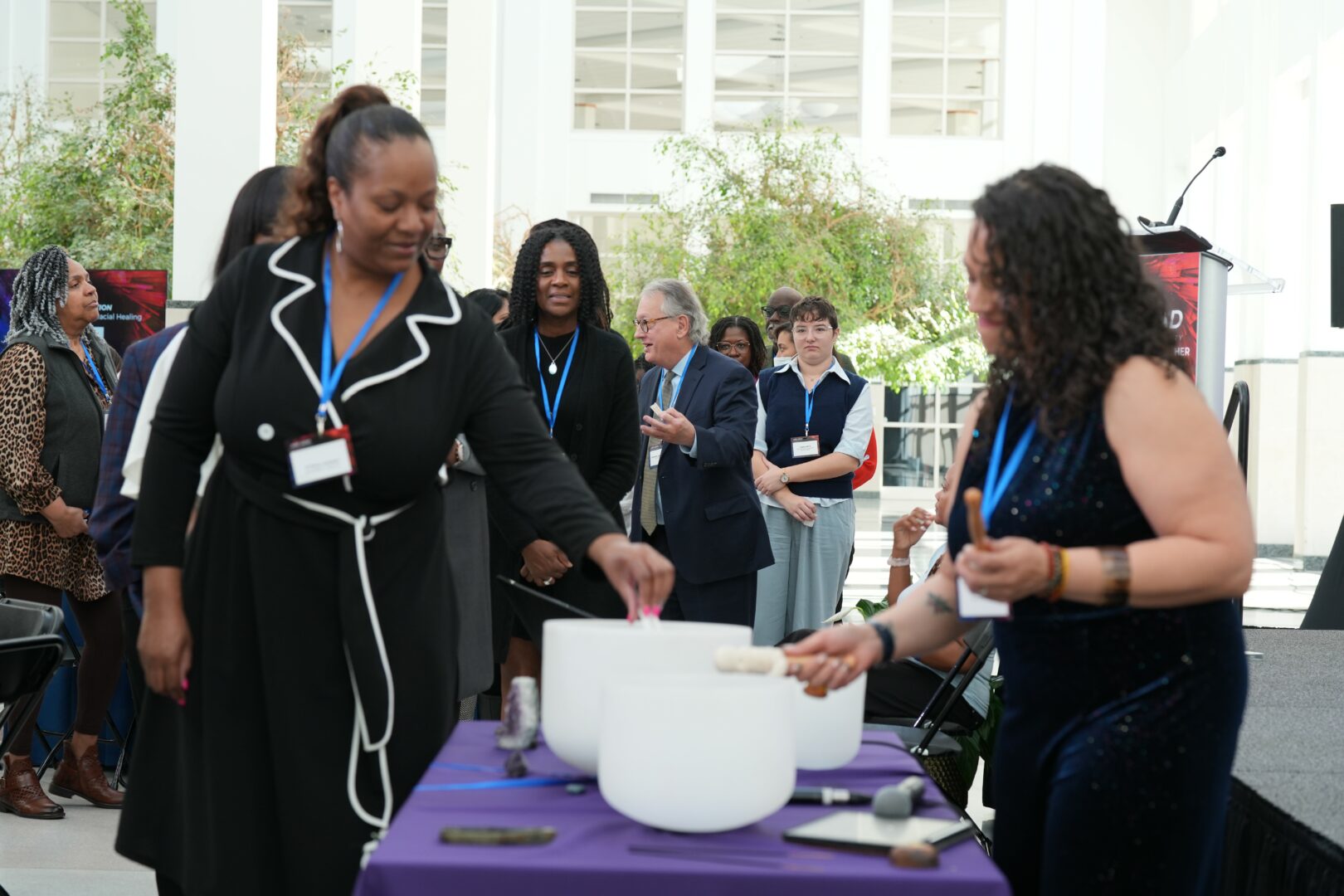
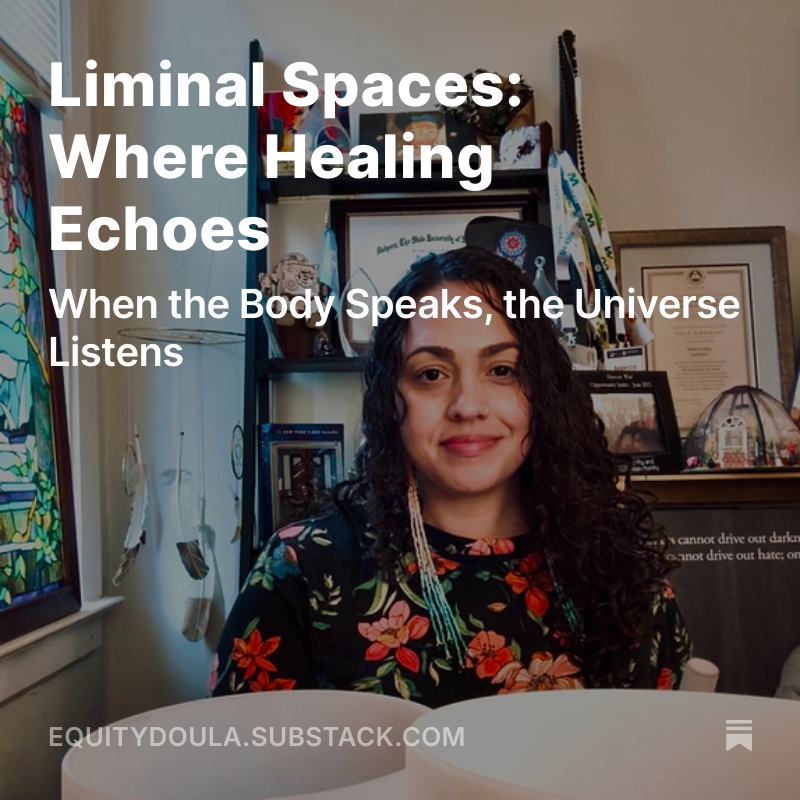
Image Credits
George Mais, Marisa Laura
so if you or someone you know deserves recognition please let us know here.

